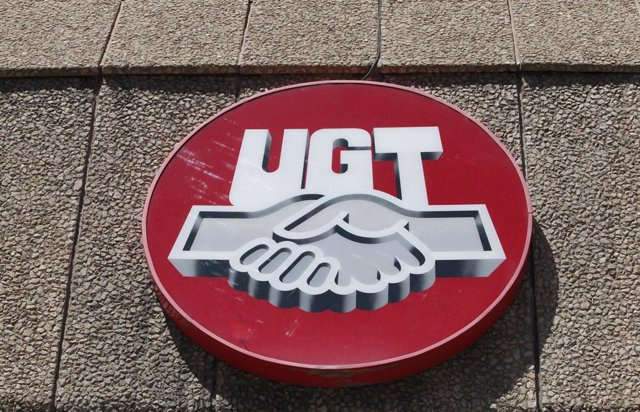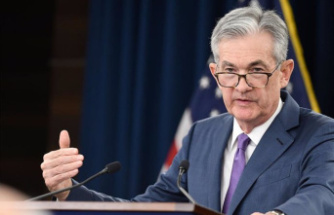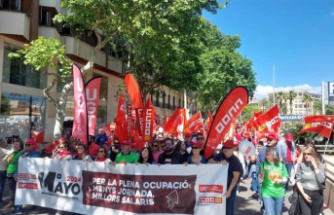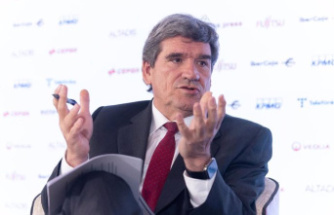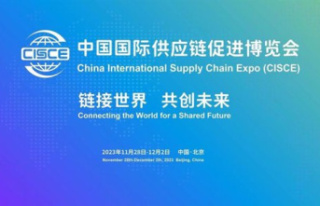MADRID, 24 Nov. (EUROPA PRESS) -
The UGT union considers that new technologies "are violating fundamental rights" that must be preserved and has warned that the application of artificial intelligence (AI) to the world of work results in decision-making over which there is "neither control nor transparency", as assessed in a statement.
In this sense, the organization has highlighted that, today, AI can select and hire, organize the workflow, decide whether an employee is promoted, calculate their performance, their remuneration, monitor and control what they do in their position and , even apply the disciplinary regime or resolve the termination of your contract.
"These are decisions over which there is neither control nor transparency, which threaten consolidated fundamental rights that date back decades and which cannot be renounced in the name of innovation and a non-existent infallibility," the union has warned.
"For UGT, new technologies are violating fundamental rights that must be preserved. Labor AI is not infallible, on the contrary, its decisions are based on randomness and unpredictability based on probabilities that are completely incompatible with the fulfillment of rights. fundamental," he added.
Along these lines, the organization adds that to this "lack of precision" is added the opacity regarding its operation by creating models of "inexplicable black boxes" where "no one knows how to explain" why one decision or another is made.
"The danger that these technologies represent is such that Eurofund has drawn up a list of rights included in the Charter of Fundamental Rights of the European Union that would be directly affected by the use of AI or algorithms at work, among which the right stands out. to human dignity, to the integrity of the person, to respect for private and family life or to the protection of personal data," he added.
In this context, the union has stressed that it is "essential" that the fifth 'Agreement for Employment and Collective Bargaining' is developed with the aim of achieving a "fair balance" between technological progress, labor rights and the distribution of the wealth.
Thus, it requests that in collective bargaining the appropriate use of artificial intelligence and the duty of periodic information to the workers' representation be guaranteed.
For this reason, the union has recalled that the fifth 'Agreement for Employment and Collective Bargaining' contains a chapter dedicated exclusively to artificial intelligence, a clause that it calls "pioneer in the world of collective bargaining" and that practically It is unprecedented in Europe.
In his opinion, this exemplifies how social dialogue can place regulation "very close to technological reality."

